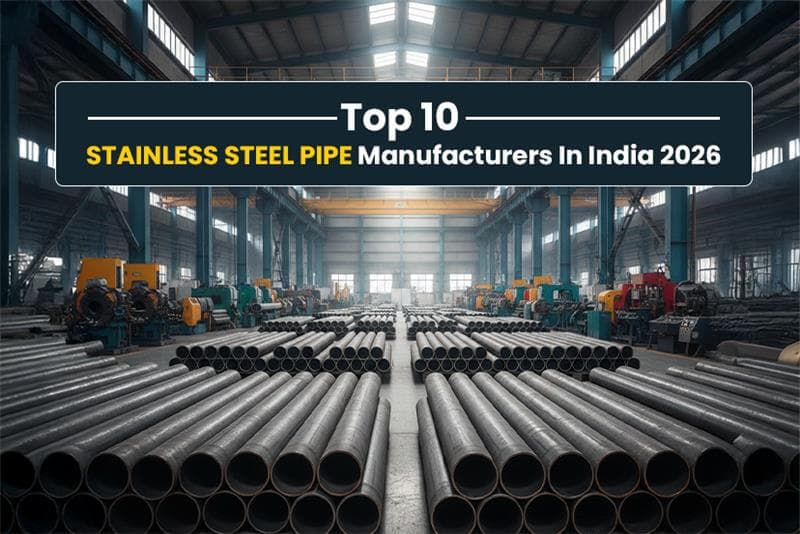The National Infrastructure Pipeline (NIP) is the most comprehensive registry of all infrastructure projects currently in progress in India. It lists more than 2400 active projects across 34 sectors in the country. However, a report amid the second pandemic wave in May 2021 recorded more than 470 projects suffering from project overruns. The total excess budget required was more than 61% of original estimates. It is likely that due to multiple factors, and not just the pandemic, this number is higher today.
Compliance: The main risks can be classified as technical or acquisition-related for the government. Construction technology estimates can change according to execution time, while delays in land acquisition can wreak havoc on the overall project timelines. We have to factor in social and environmental concerns in the acquisition phase that could have a spillover effect.





